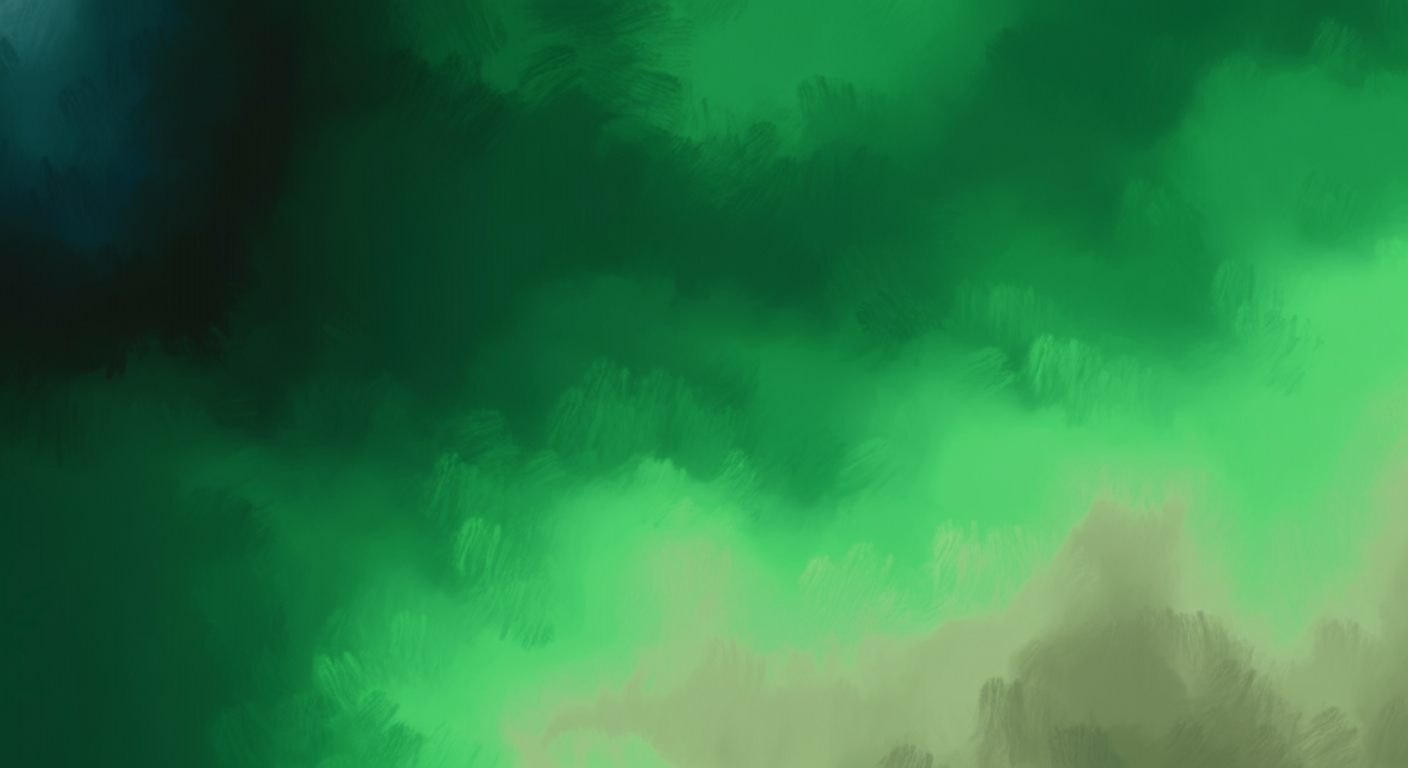Attention Deficit / Hyperactivity Disorder (ADHD)
In-person therapy in Charlotte, NC
Online therapy throughout NC, SC, and CO
Understanding ADHD
At Resilient Roots Counseling & Consulting, we understand that ADHD (Attention-Deficit/Hyperactivity Disorder) doesn’t just look one way—it can present in various forms, from struggles with focus and organization to challenges with impulsivity and time management.
Many people associate ADHD with children, especially boys, but more and more women are discovering that they, too, have been living with ADHD, often undiagnosed for much of their lives. Societal expectations have made it harder to identify ADHD, and as a result, many women may spend years feeling overwhelmed, inadequate, or misunderstood.
Here at Resilient Roots, we see the strengths that accompany ADHD, such as creativity, problem-solving abilities, and high energy.
Our goal is to help each person build confidence, gain practical skills, and develop a deeper understanding of themselves as they navigate their ADHD journey.
Some common signs of ADHD:
Difficulty sustaining attention on tasks or activities, even those you enjoy
Easily distracted by external stimuli or unrelated thoughts
Forgetfulness in daily activities like appointments, deadlines, or returning calls
Trouble organizing tasks, managing time, or keeping track of belongings
Procrastination or difficulty starting tasks, especially those that seem boring or overwhelming
Restlessness, fidgeting, or feeling internally "revved up" even when sitting still
Impulsive decision-making or acting without thinking through consequences
Hyperfocus on interesting activities while neglecting other important responsibilities
Difficulty following through on instructions or finishing projects you've started
Feeling overwhelmed by daily life tasks that others seem to manage easily
Note: ADHD can present very differently in women and often goes undiagnosed, with symptoms sometimes appearing as anxiety, perfectionism, or internalized struggle rather than obvious hyperactivity.
We Can Help
At our practice, we offer a compassionate and individualized approach to ADHD. We can help you understand how ADHD affects your life and provide strategies for managing symptoms in practical, everyday ways. Whether it’s through building better organizational skills, developing self-compassion, learning to manage distractions, or creating systems for balance, we are here to embrace your strengths and overcome challenges.
We work collaboratively with our clients to explore their specific challenges and strengths. Whether it’s through cognitive-behavioral therapy (CBT), mindfulness techniques, or practical organizational tools, we are dedicated to empowering those with ADHD to thrive in both their personal and professional lives. We believe that with the right support, individuals with ADHD can lead fulfilling, successful lives while honoring their unique way of thinking and interacting with the world.

Our Approach to ADHD in Therapy
Natalie Thomas, LCSW, LISW-CP, ACS
Founder of Resilient Roots Counseling & Consulting
Working with clients with ADHD has been part of my practice since I opened in 2021, and even earlier when I worked in schools. While I wouldn't call myself an ADHD expert, my particular interest lies in making sure we don't automatically assume someone has ADHD when it could actually be trauma impact affecting their attention and focus.
I enjoy teaching practical skills to help manage organization, time management, recognizing hunger cues, and other daily life challenges that come with ADHD. I also love helping clients learn more about ADHD and how it looks different in everyone—especially women. ADHD in women is greatly misunderstood and will be a focus in my practice, as several women close to me have been diagnosed later in life.
My approach recognizes that ADHD doesn't just look one way.
It can present as struggles with focus and organization, challenges with impulsivity and time management, or the internal restlessness that many women experience but don't recognize as ADHD. I work collaboratively with clients to understand how ADHD specifically affects their life and provide strategies for managing symptoms in practical, everyday ways.
I've completed specialized ADHD training and am trained in conducting ADHD assessments for adults. I can help you through the screening process, teach you skills for managing symptoms, and advocate with prescribers for appropriate medication when that's part of your treatment plan.
My goal is to help you understand how your brain works differently and develop strategies that honor your unique way of thinking and processing the world.
Discover Your ADHD Strengths

What to Expect in Our Therapy Sessions
When working with us on ADHD, you can expect a practical, skills-focused approach that helps you understand and work with your unique brain rather than against it.
In our sessions, we'll work on:
Understanding how ADHD specifically shows up in your life and affects you
Distinguishing between ADHD symptoms and other factors like trauma or anxiety
Developing personalized organizational systems that actually work for your brain
Learning your natural rhythms: when you focus best and when you need breaks
Building self-compassion around ADHD challenges and celebrating your strengths
Creating sustainable routines and habits that honor how your brain works best
Exploring whether ADHD medication might be helpful as part of your treatment plan
Through our work together, you'll gain not just practical skills for managing ADHD symptoms, but also a deeper understanding of yourself and your capabilities.
Many clients discover that once they stop trying to force themselves into neurotypical approaches and start working with their ADHD brain, they can accomplish more than they ever thought possible.
Client Successes
"I've witnessed some incredible transformations with my ADHD clients. I'm thinking of several people who came to me feeling frustrated and stuck, not understanding why basic life tasks felt so impossibly difficult for them.
Through our work together—starting with comprehensive ADHD screening, then teaching practical skills for organization and time management, and advocating alongside them with their psychiatrists to find the right medication approach—these clients are now genuinely thriving in ways they never imagined possible.
What's most exciting to see is how they've become advocates for themselves. They're diving deep into understanding ADHD, learning about how their brains work differently, and discovering strategies that actually fit their unique processing style. Instead of constantly fighting against themselves, they're working with their ADHD brain and finding success in areas where they previously struggled.
The shift from feeling broken to feeling empowered is remarkable to witness—and it reminds me why this work matters so much."
— Natalie Thomas, LCSW, LISW-CP, ACS
“
Transform ADHD Challenges into Strengths.
Learn to harness your creativity, problem-solving abilities, and unique perspective. ADHD isn't just about struggles—it comes with incredible gifts when properly understood and supported.
Frequently Asked
Questions
About ADHD
-
ADHD can present differently in each person, and symptoms often overlap with other conditions like anxiety, depression, or trauma. Common signs include difficulty sustaining attention, being easily distracted, trouble with organization and time management, forgetfulness, restlessness, and impulsive decision-making. Many women, in particular, have been missed in childhood diagnoses because their symptoms may appear as anxiety, perfectionism, or internal struggle rather than obvious hyperactivity. During our sessions, I can help screen for ADHD symptoms and discuss whether a formal evaluation might be beneficial.
-
Medication is not required for everyone with ADHD. Many people successfully manage their symptoms through therapy, lifestyle changes, and developing personalized strategies. I always begin by teaching practical skills and helping you understand how your brain works, then we track how effective these approaches are for you. If we find that we're doing everything we can and ADHD symptoms still feel too overwhelming to manage, then we can discuss whether medication might be a helpful addition to your treatment plan.
-
Everyone can be disorganized or forgetful sometimes, but ADHD involves persistent patterns that significantly impact multiple areas of your life—work, relationships, daily functioning—despite your best efforts to manage them. With ADHD, these challenges aren't due to lack of caring or trying; they're related to how your brain processes information differently. The key difference is the consistency and impact of these symptoms over time, along with other ADHD-related experiences like difficulty with executive functioning, time blindness, or hyperfocus episodes.





